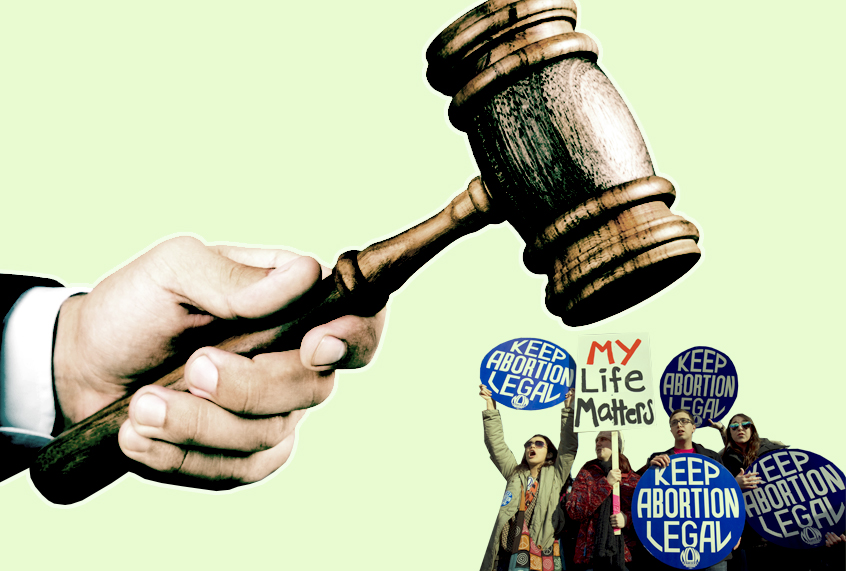In Texas, an anti-abortion bill would, if passed, make it possible for women who receive abortions to be charged with homicide and receive the death penalty. And on Tuesday, that bill was the subject of a public hearing in Austin (the state capitol).
Introduced in 2017 by Texas State Rep. Tony Tinderholt (a far-right Republican from Arlington), Texas House Bill 896 calls for total statewide criminalization of abortion and is being pushed by the Christian right. However, it has yet to come up for a vote, and even some of Tinderholt’s fellow Republicans believe that it is going too far by calling for homicide charges for women who have abortions. Texas State Rep. Jeff Leach, for example, has appeared reluctant to bring the bill to a full Texas House vote. And the Texas Alliance for Life, an anti-abortion group, has voiced its opposition to Texas House Bill 896.
1 in 4 women will have an abortion by 45
TX House Bill 896 by Rep. Tony Tinderholt, R-Arlington intends to make women murders by removing the exception for abortion from the definition of homicide
At the moment of conception an embryo would be a human. A supporter describes it pic.twitter.com/E8dtCCexue
— RiotWomenn (@riotwomennn) April 10, 2019
However, the bill’s supporters—who include Jim Baxa (president of West Texans for Life) and Christian fundamentalist Stephen Bratton—don’t consider it extreme. Baxa, defending Texas House Bill 896, asserted, “a woman who has committed murder should be charged with murder.” And Bratton declared, “Whoever authorizes or commits murder is guilty.”
Although Republicans have a majority in the Texas House, it isn’t a huge majority. The GOP controls 83 seats of the 150 seats in the Texas House, while Democrats hold 67. And in the Texas State Senate (which has 31 seats altogether), Republicans exceed Democrats by seven seats.
The Texas ACLU has been outspoken against the bill, stressing that it would be struck down as unconstitutional if passed. And, to be sure, the bill would be a violation of Roe v. Wade—the 1973 U.S. Supreme Court decision that, in effect, legalized abortion in all 50 states.However, the future of Roe v. Wade is in doubt, with President Donald Trump having added two far-right justices—first Neil Gorsuch in 2017, then Brett Kavanaugh in 2018—to the High Court. The end of Roe v. Wade would not be a nationwide criminalization of abortion, but it would allow individual states to pass statewide abortion bans.


